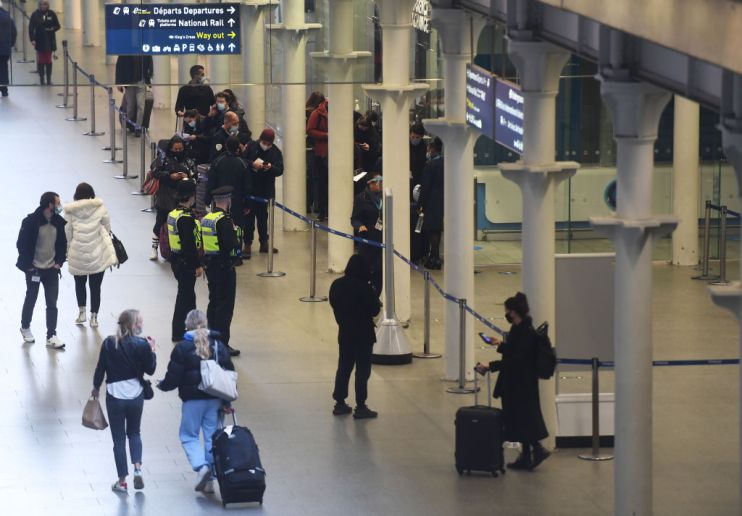Brexit, people and the pandemic: Critical actions for business

The latest travel bans from the UK into Europe, induced by the COVID-19 pandemic, present real challenges for businesses in the final days leading up to the end of the Brexit transition period.
How do these travel restrictions relate to Brexit?
In two ways:
- Firstly, these restrictions particularly impact those in financial services who have been working in alternative locations and need to re-establish rights of residence before the transition deadline of 31 December 2020 – including frontier workers, as well as regular business travellers, and those returning to home locations ahead of the Christmas and New Year holiday.
- Secondly, the latest developments mean that the likelihood of the UK being added to the European Commission’s (EC) ‘safe travel list’ when free movement ends as of 1 January 2021 is lower than it was a week ago. The decision as to who is on or off that list is based on the European Centre for Disease Prevention and Control (ECDC) mapping of comparative infection rates.
What do these latest travel restrictions mean for those who need to establish rights of residence ahead of the transition deadline?
This will depend on the rules in place in each EU country. In the UK, for example, those who have already established a right of residence can continue to apply under the UK’s EU Settled Status Scheme until 30 June 2021, and do not need to rush to travel into the UK before the transition deadline. Those who have not yet established rights of residence will now face barriers in reaching their destinations before the transition deadline due to the latest travel restrictions.
If the UK is not added to the EC’s ‘safe travel list’, what will this mean for our business travellers from 1 January 2021?
If the UK is not added as a ‘pandemic safe’ country, then UK residents will by default, as of 1 January 2021, not be allowed to travel under the recommendation. But there are two factors that soften the impact:
- The EC’s ‘safe travel list’ is a recommendation only as states have the competence to override it and decide their own border policy – as they have done in this week’s response to the ‘new strain’ of COVID-19.
Even if adopted, there are exemptions – business/essential travellers typically can travel in any event.
What actions can I take now to manage the impact?
For those who need to travel before the transition deadline:
- Be clear on the relevant country rules.
- Support employees in accessing testing that may allow safe travel (some countries will allow travel for those with a negative PCR test).
- Ensure you understand the criteria to qualify for residency before the transition deadline and any exceptions that may apply.
For those travelling from 1 January 2021:
- Monitor developments for your key travel lanes
- Be aware of evolving exemptions and permitted travel reasons of which there are many, including:
- Highly qualified third-country ‘necessary’ workers
- Frontier workers
- Imperative family travel
- Travel for study
Ensure winter working programs are Brexit-prepared and that those in ‘work anywhere’ arrangements know the change in rules from 1 January 2021 and remain compliant.
For questions or advice on how EY’s specialist teams can support, explore our Brexit hub or contact Seema Farazi.
